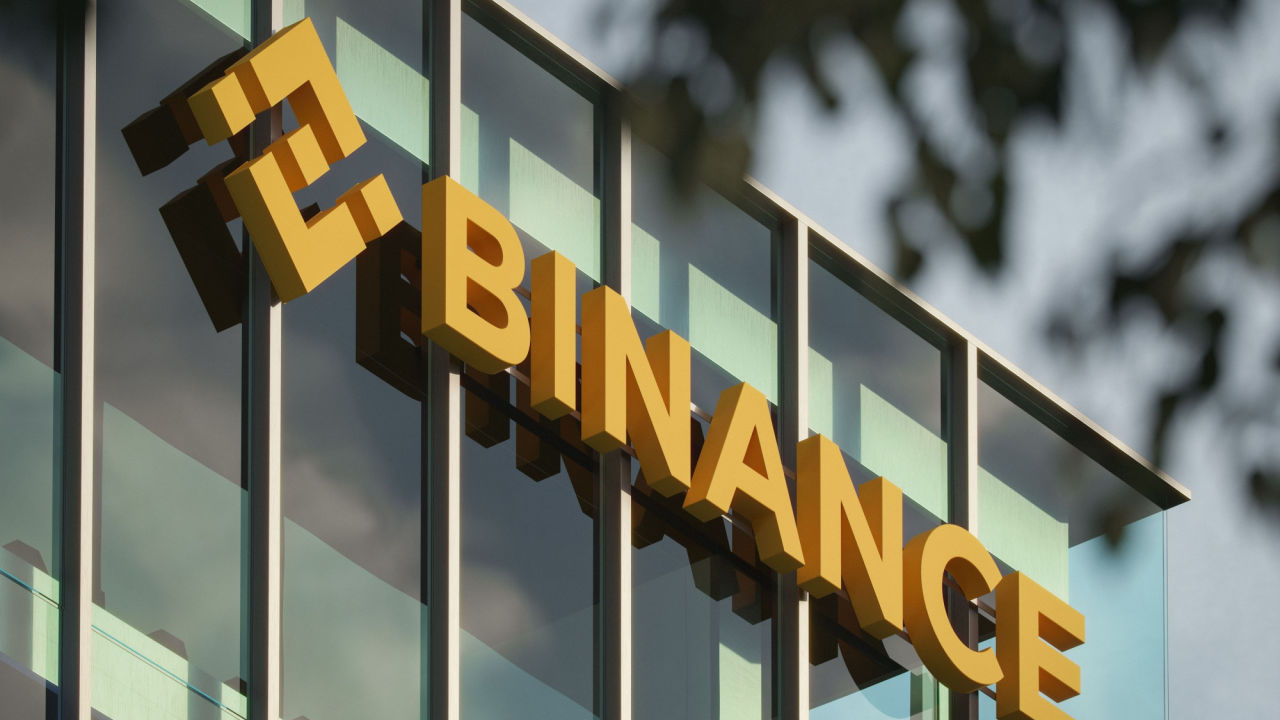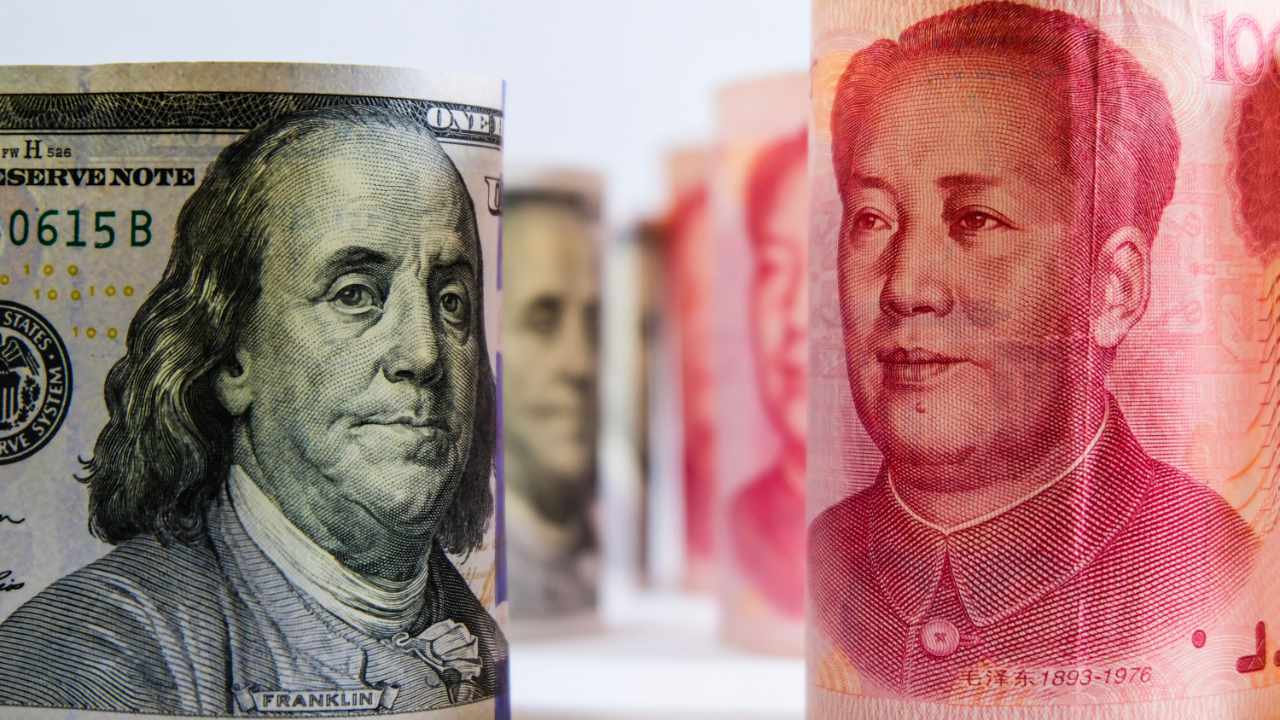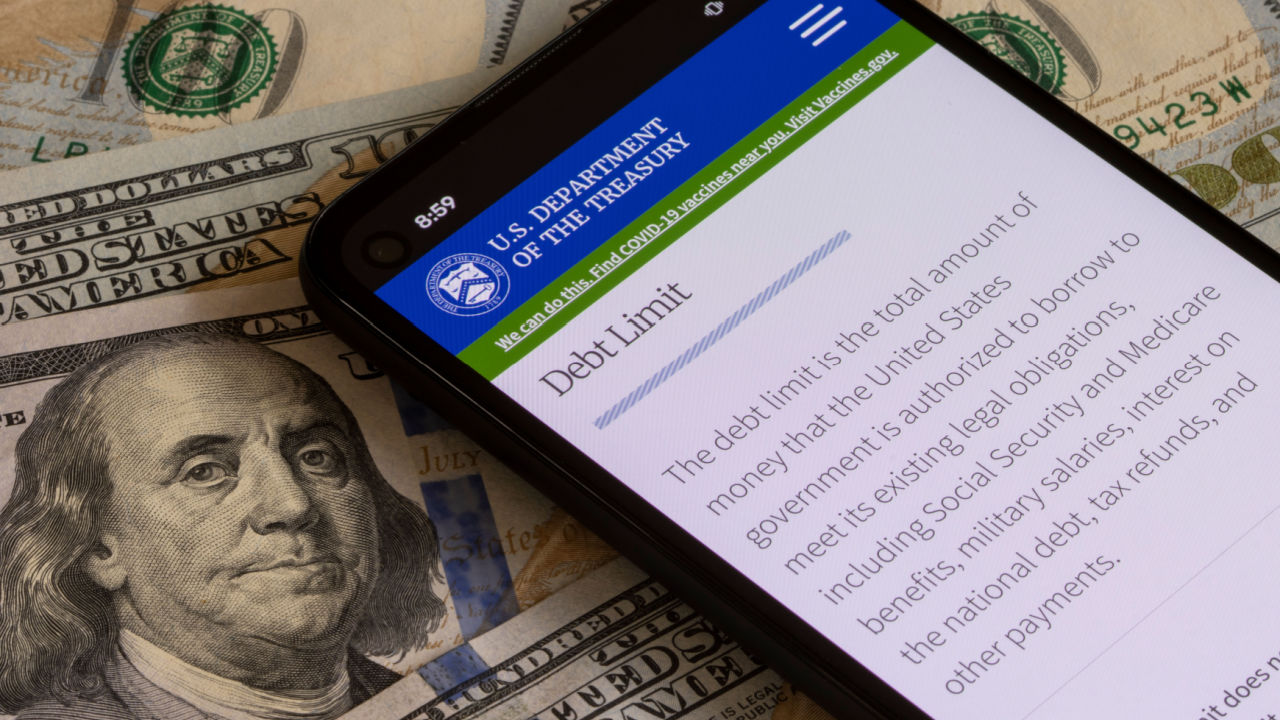
Changpeng Zhao, the CEO of Binance, doesn’t think buying a bank would solve the crypto industry’s troubles with traditional financial institutions, amid issues his own exchange currently faces in regions like Australia and Europe. In other news, the chairman of Russia’s second-largest bank has said that the Chinese yuan is likely to replace the U.S. dollar as the world’s reserve currency. All this and more, just below, in the latest Bitcoin.com News Week in Review.

Binance Buying Bank Not Solution for Banking Problems, Says CEO Changpeng Zhao
Acquiring a bank wouldn’t solve the issues with banking for or others, the CEO of the largest crypto exchange is convinced. Speaking in the aftermath of the collapse of crypto-friendly banks in the U.S. and amid Binance’s issues with payment providers in Australia, Changpeng Zhao (CZ) said investments in several banks might be a better option although not a guarantee that crypto won’t be cut off.

Crypto Exchange Binance to Remove Privacy Coins From 4 European Markets
Multiple reports have revealed that Binance, the crypto exchange with the highest trade volume, has announced the removal of 12 privacy-focused cryptocurrencies from its markets in Spain, France, Poland, and Italy. Commencing on June 26, 2023, users residing in these four countries will no longer have the option to purchase or trade these privacy coins on Binance’s trading platform.

Chinese Yuan to Replace US Dollar as World’s Reserve Currency, Says Russian Banker
Russia’s second-largest bank’s chairman says there is every reason to expect the Chinese yuan to replace the U.S. dollar as the world’s main reserve currency. He highlighted that the central bank of Russia has already begun investing its reserves in yuan, and over 70% of the trade turnover between Russia and China is settled in yuan along with the ruble.

Economist Peter Schiff Blasts Debt Ceiling Deal, States National Debt Might Increase by $4 Trillion in the Next Two Years
Peter Schiff, the chief economist of Europac and best-selling author, has blasted the recent bipartisan deal regarding the United States debt ceiling. According to Schiff, the proposal fails to address the already inflated budget, allowing rises in several budget areas without supervision, which could increase the U.S. national debt by at least $4 trillion in the next two years.
What do you view as the best way for exchanges to deal with regulatory challenges from the traditional financial sector? Let us know in the comments section below.








